Give Me Sanctuary
Bob Wills & KVOO Radio
Bob Wills and His Texas Playboys were only one step ahead of the wrath of W. Lee “Pappy” O’Daniel when they crossed the Red River in early 1934, trading the old dust of Texas for the new dust of Oklahoma.
O’Daniel and Wills had been at loggerheads almost from the beginning when in 1931 Wills brought his band to Fort Worth to play on a small radio station. That initial band was just a trio: Bob on fiddle, Herman Arnspiger on guitar, and Milton Brown doing vocals. The members weren’t even Texas Playboys, yet.
Both Bob Wills and “Pappy” O’Daniel were strong-willed individuals, and the two had grated on one another from the start. O’Daniel was the advertising manager for the Burrus Mills Flour Company that sponsored the Wills show. O’Daniel hated the band’s music, and he had a disdain for musicians in general. The only reason he continued to put advertising dollars into the show was because of the band’s growing popularity.
Wills and his band brought in revenue for the radio station and the sponsor, something in short supply during the Great Depression. Consequently, O’Daniel moved the show to a larger station with a more powerful signal, and that, in turn, further increased revenues.
Eventually, O’Daniel saw advertising value in transforming the group into “The Light Crust Doughboys”, and sending them to civic functions to entertain and represent Burrus Mills. That was well and good. Unfortunately, he soon saw himself as the leader of the band.

The Light Crust Doughboys in 1933. From left to right, “Pappy” O’Daniel, Bob Wills, Herman Arnspiger, Tommy Duncan, “Sleepy” Johnson, and driver.
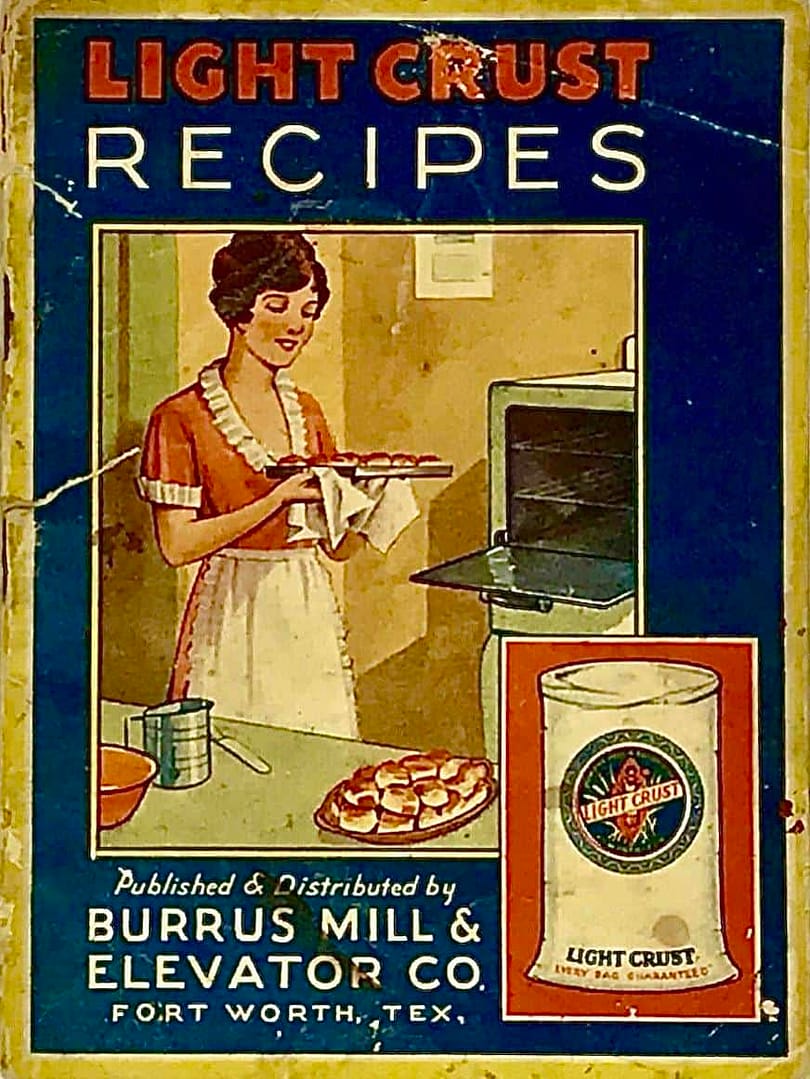
O’Daniel was a businessman, not a musician. Nevertheless, he began interjecting himself into musical matters. Wills resisted and dug in his heels.
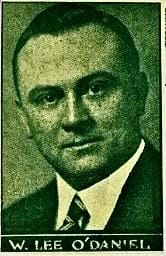
Wills could be stubborn. But O’Daniel, as Bob would soon find out, could hold a grudge. When Wills quit the radio station, and the Doughboys became the Playboys, O’Daniel pursued a relentless legal strategy to stop Wills and his band from ever working again.
If O’Daniel lost in one Texas court then he appealed; or simply filed another lawsuit. Wills won every legal battle, but as he might have summed up regarding his victories: what’s the point of winning if you can’t pay your attorney fees? Unable to get jobs in Texas, Bob and his band members packed their bags and headed for Oklahoma. But, they soon found that O’Daniel’s vindictiveness crossed state lines.
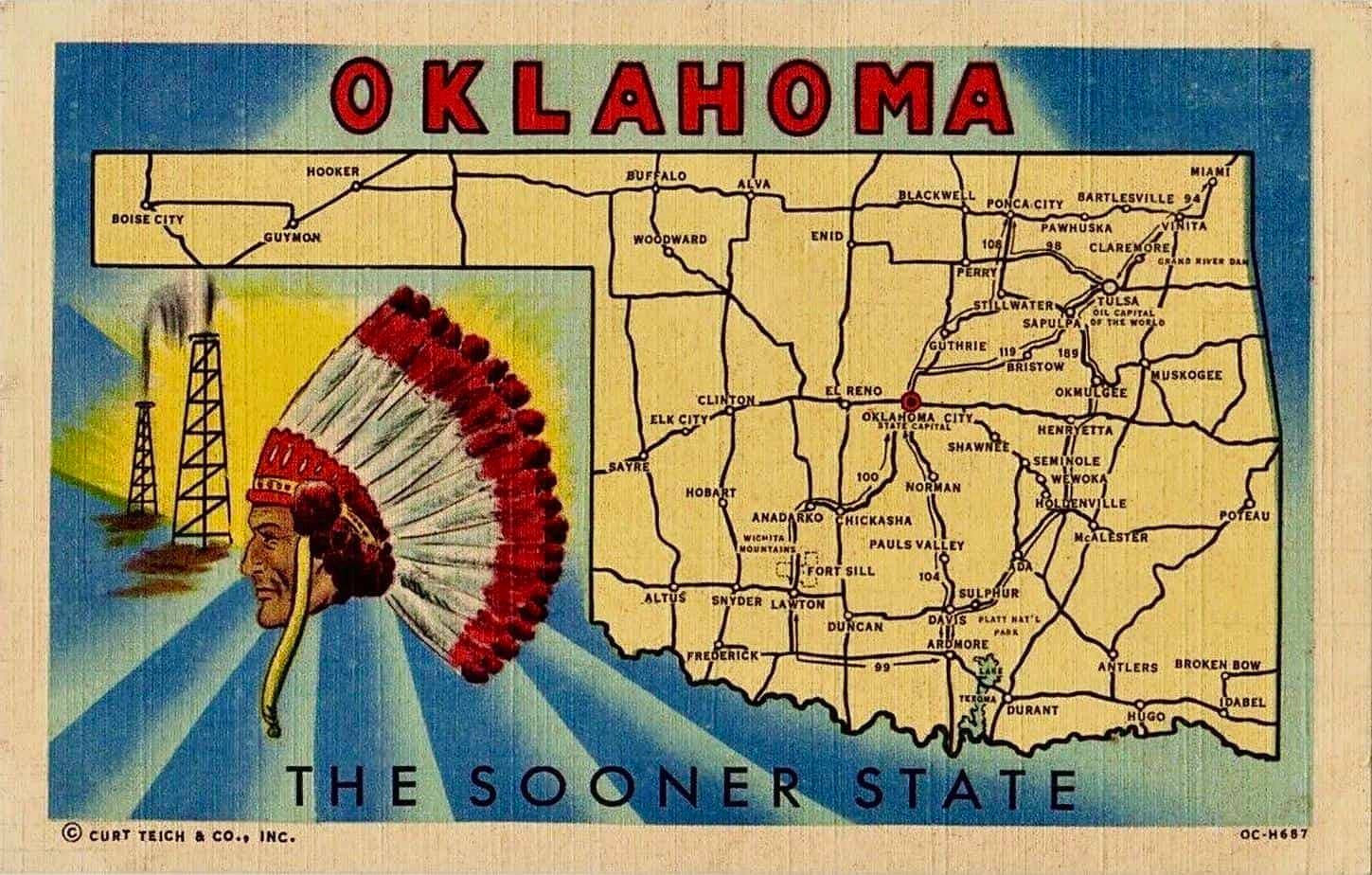
In Oklahoma City, one radio station refused to hire them at all because of O’Daniel. Another did hire them for a few days, until caving to his threats. The Texas Playboys packed their bags to move one more time.
Out of money, low on gas, and losing faith, they headed for Tulsa where Bob knocked on the door of KVOO radio. It opened. Wide. Here, at last, the talents of Bob Wills and His Texas Playboys would win out over the continuing threats of “Pappy” O’Daniel.
They had found sanctuary. Now, they could make music. The real story of Bob Wills and His Texas Playboys, and its incredible impact on American music was about to begin.

Signed photograph of Bob Wills and His Texas Playboys taken in 1937, by Tulsa photographer Walter Madson.
KVOO radio, known as “The Voice of Oklahoma”, began operations in 1925. By the 1930s it would have its own orchestra, as well as maintain a stable of thirty different musical groups to perform live on the air. Into the 1950s, KVOO would be an essential outlet for Western Swing bands like Bob Wills and His Texas Playboys. When Bob left Tulsa for California in 1942, he would try to recreate his Tulsa success by using California radio stations. But the earlier magic of KVOO was gone.
Bob’s younger brother, Johnnie Lee Wills, had been a stalwart Texas Playboy from the beginning, and he was a truly magnificent bandleader in his own right. Rather than follow Bob to California, he stayed in Tulsa and continued to successfully use KVOO as a platform for his Western Swing band—and keep the Wills name alive in Oklahoma.

Many KVOO listeners considered the Western Swing band of Bob Wills’ little brother, Johnnie Lee, to be as skilled as the Texas Playboys. “Johnnie Lee Wills and All His Boys” would perform on KVOO radio until 1958.
The KVOO souvenir booklet, “‘OIL NIGHT CLUB’—KVOO—TULSA OKLA”, from 1938, is a reflection of the vast reach that the 25,000 watt radio station had, stretching from the West Coast to the Midwest, and fully into Mexico, giving Bob Wills the perfect stage on which to share his new and innovative music with a broad cross-section of the public. There has been no other American music figure to use radio as successfully as Bob did at KVOO, in order to forge a lasting musical legacy.

Bob Wills and His Texas Playboys in 1939, about a year before the “San Antonio Rose” recordings were released. Photo taken in Tulsa.
“Click” through the souvenir booklet below, and meet the KVOO folks who saved Bob and the Playboys from the wrath of “Pappy” O’Daniel, as well as some of the singers and musicians who Bob, Johnny Lee, and the boys bumped into in the KVOO hallways.
Especially look for the photo of W.B. “Bill” Way, who was KVOO’s general manager when Bob came knocking. It was Way who hired the Texas Playboys, and Way who fended off “Pappy” O’Daniel when he too came knocking—repeatedly, trying to get the band fired. But for the foresight and integrity of Bill Way, our musical history might have been a lot poorer.

Click on the side arrows to turn pages

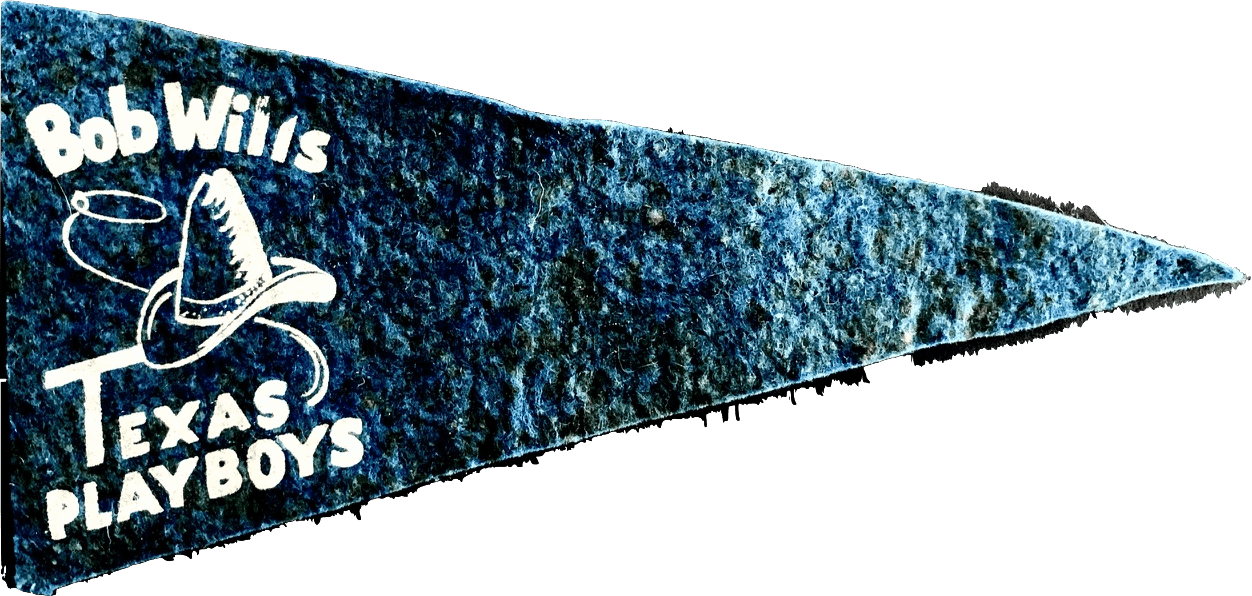
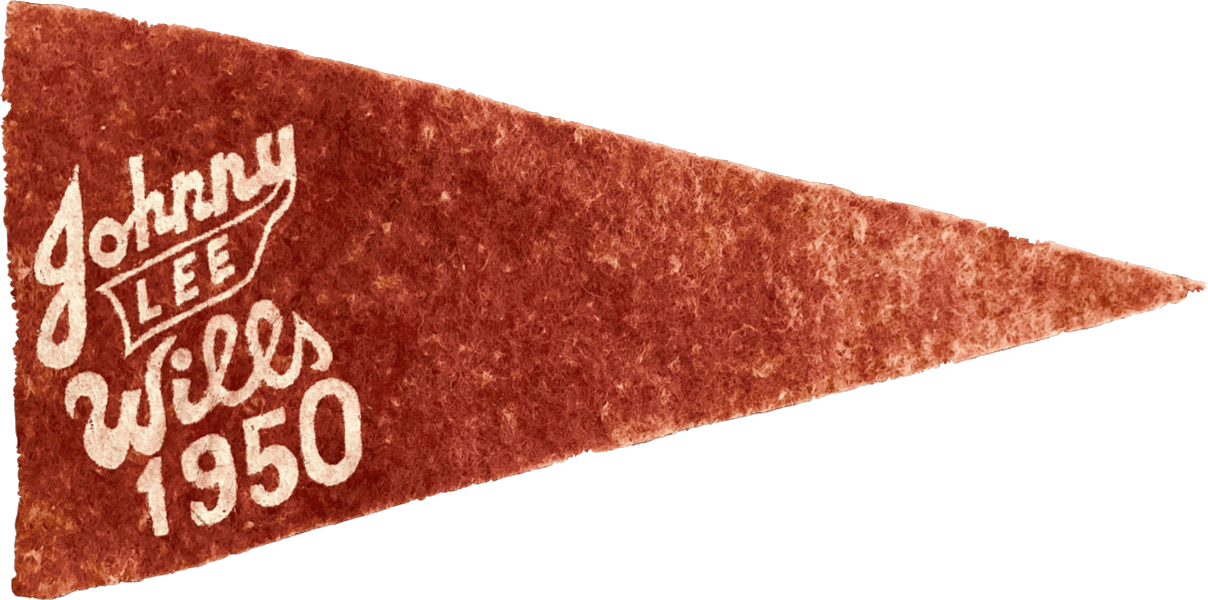
The above souvenir pennants were given to patrons of Cain’s Ballroom in Tulsa, when Bob Wills and Johnnie Lee Wills played dances there that were broadcast over KVOO radio.
All ephemera in this gallery article is from the collection of John T. Feldman, leader of the Curio Cowboys, New Mexico’s premier Western Swing band, except the following are from the Bowman collection: the Light Crust Doughboys photo; the Light Crust Recipes booklet; and the Bob Wills and His Texas Playboys stationery.
To read John’s full article, “Just Let Me Off on Archer, I’ll Walk Down to Greenwood: Bob Wills & Black Music”, click on the button below.

